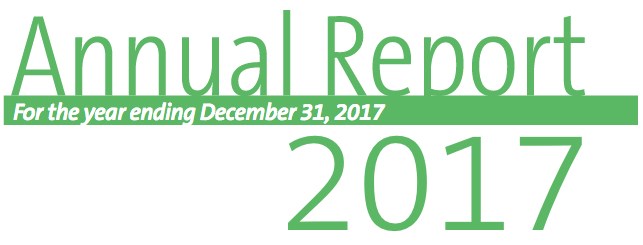The development cost charges (DCC) the City of Coquitlam received in 2017 were nearly double what it collected in 2016.
DCC revenue was $16.2 million last year, an increase of $7.2 million from the previous year.
"This was primarily due to new Burquitlam developments on Foster, Clarke and North Road," said a report to city council. "The development in Burquitlam is also showing the collection for DCCs in 2018 tracking to be higher than 2017."
The city spent $10.9 million of the DCC money last year leaving a balance of $43.4 million in the DCC kitty for future projects.
Development cost charges (DCC) are paid by developers to help pay for the extra infrastructure needs – such as parks, utilities and transportation improvements – new development brings.
Debt drops
In its 2017 annual report, Coquitlam said the city reduced its debt from $20.2 million to $18.7 million during the year.
The financial report also said its capital assets saw a net increase of $76 million to $1.93 billion, which includes $59 million in developer built infrastructure. Land sales helped to boost its cash position by $121 million to $576 million. The city's net worth for all of its funds was $2.3 billion by the end of 2017.
Coquitlam collected $416 million in revenue, 38% of it coming form taxation. Its operating expenses were $243 million, 27% of which was spent on police, fire and other protection, 25% on utilities, 22% for parks, recreation and culture, 14% on engineering, 8% on administration and 4% on planning. Capital additions cost the city $76 million.
General fund operations saved $3 million, about 1% of its budget primarily due to savings from job vacancies, which were offset with expenses the city was hit for extreme weather events.
Axing acids
Another staff report to council said Coquitlam took more than 2,100 water samples in 2017 for testing and the results showed the city met provincial standards.
But the engineering department's report noted there have been reports of elevated levels of haloacetic acids in northwest Coquitlam in the past. The city has had to carry out more monitoring and control to keep them within guideline levels.
However, when a new pump station on Westwood Plateau is up and running later this year the age of the water up there will go down, said the report. That should reduce the need for re-chlorination, a process that has HAA as a byproduct.
Building up
At the same time as getting the annual report, council also got a glimpse of the building and construction picture for the first four months of 2018.
Tte city reported 338 applications for building permits were received between Jan. 1 and April 30, slightly lower than the same period in 2017. But the number of permits actually issued, 305, was a 4.8% increase from 2017.
The value of construction was $124.4 million, 43% higher than 2017, mostly due to two significant projects with 129 units worth $28.8 million.
On the industrial/commercial/institutional side, 63 permits worth $51 million in construction value were issued. That's a $37 million increase over the first trimester in 2017 and was mostly due to a project on the Riverview Lands valued at $32 million.



